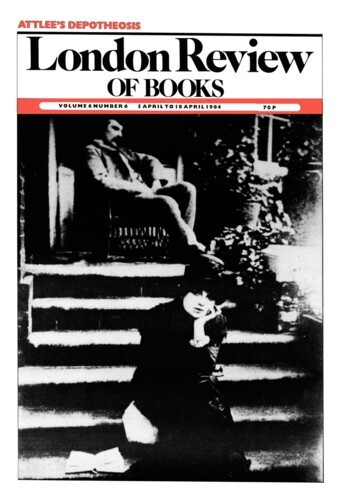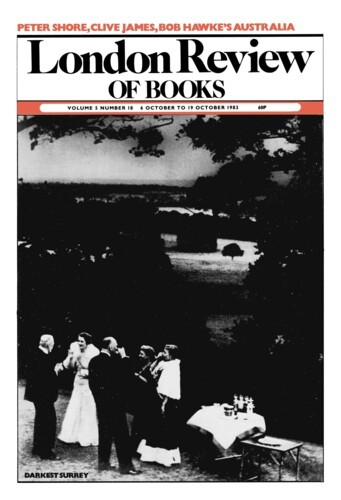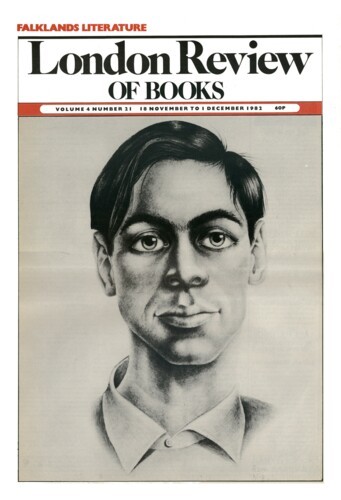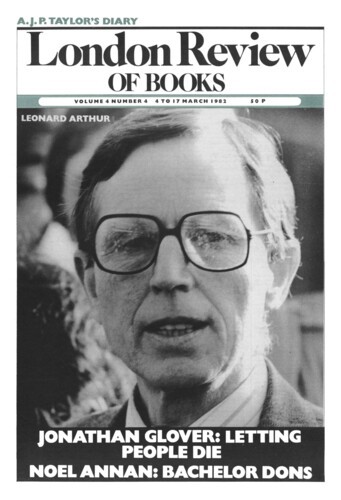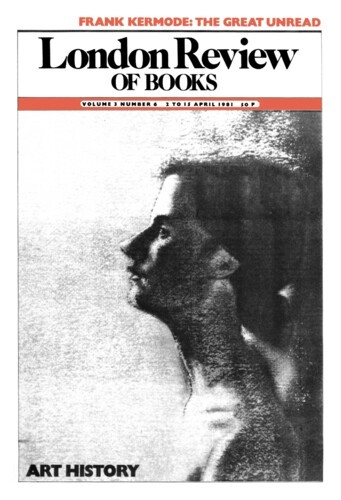Poem: ‘These Days’
Andrew Motion, 5 April 1984
It might be any night these days, when every night is like nothing on earth. Tired with drinking, we long
for your riotous children to wear themselves out and shamble off to their beds.Make it be soon, my eyes say
rolling up to the ceiling – a relished, leisurely roll which tells you as wellI want you. Bowing low
so your forehead rests on the rumpled tablecloth just for a second, you...
